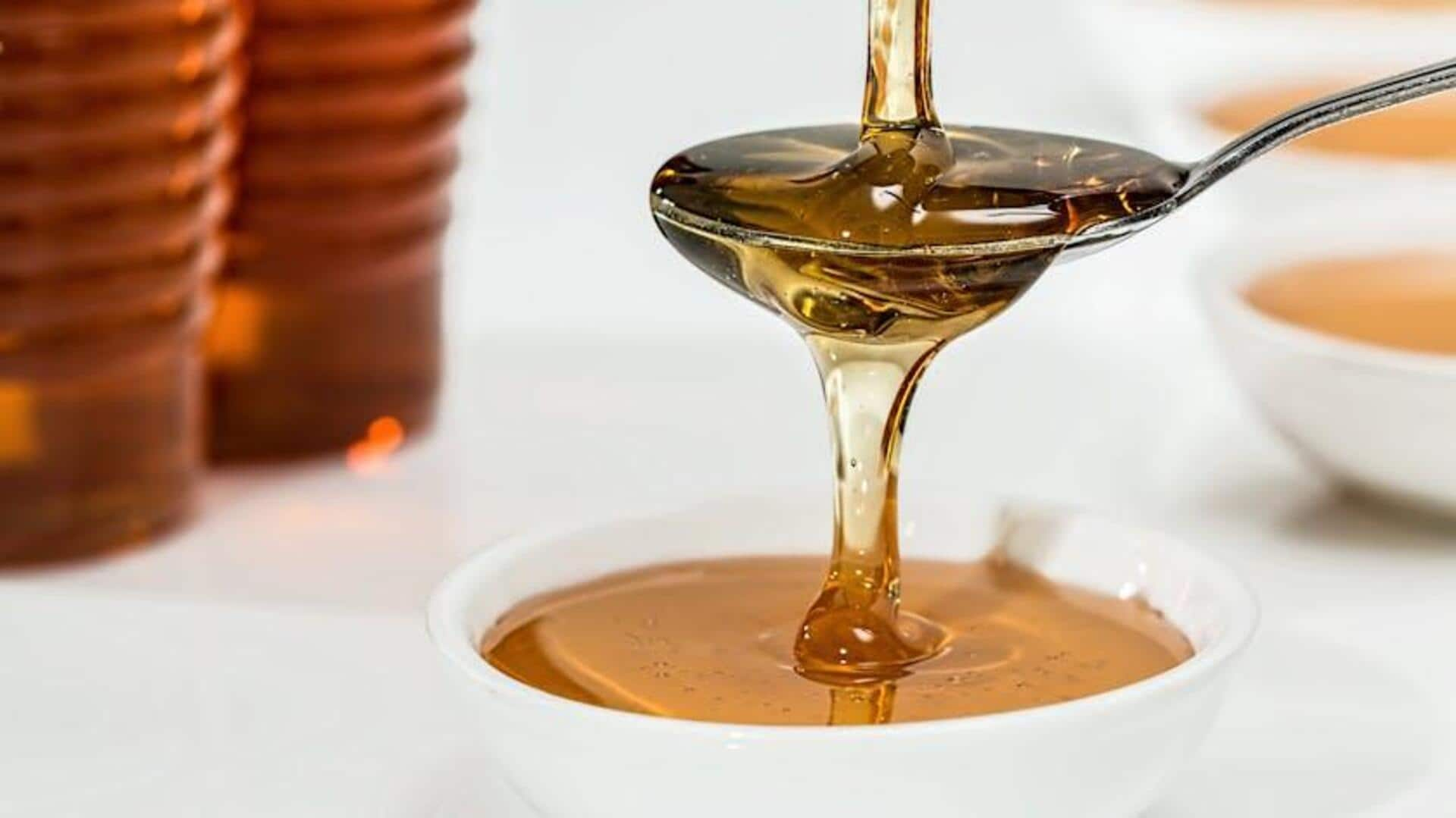
Is honey really healthy?
What's the story
Honey has been revered for centuries as a natural sweetener and health booster. However, there are several myths associated with honey consumption, which spreads misconceptions about its benefits and uses. Here, we've debunked five of the biggest myths surrounding honey, and clarified what this golden nectar is really like. This way, you can make informed decisions about including honey in your diet.
Natural sweetener
Myth: Honey is always healthier than sugar
While honey is frequently marketed as a healthier substitute for sugar because of its natural sources and added nutrients, it is important to remember that both have similar calorie content. Honey does contain trace amounts of vitamins and minerals, but these are not available in significant quantities. The main difference comes in the way they impact blood sugar levels; honey may have a slightly lower glycemic index than refined sugar.
Quality matters
Myth: All honey is created equal
Not all honey has the same quality and nutritional value. Raw honey retains more nutrients than processed varieties that go through pasteurization and filtration. These processes may eliminate some beneficial enzymes and antioxidants present in raw honey. Some commercial honeys may also be adulterated with syrups or other additives, affecting their purity.
Shelf life reality
Myth: Honey never spoils
Most of us believe that honey never spoils, thanks to its natural preservative properties. Well, while properly stored honey may last forever without going bad, it can crystallize over time or change color and flavor. Crystallization doesn't mean the honey has spoiled. It just indicates a texture change, which can be reversed by gently warming the jar.
Allergy relief misconception
Myth: Consuming local honey cures allergies
The notion that eating local honey can fix your allergies comes from the idea that eating local pollen will build immunity. But scientific evidence behind this is scarce. Most pollen that causes allergies comes from trees or grasses, not flowers where bees go to collect nectar.
Color confusion
Myth: Darker honey is more nutritious than lighter varieties
Darker honeys are often considered more nutritious because they're more antioxidant-rich than lighter varieties like acacia or clover honeys. The difference is primarily due to the floral sources used during production, not actual nutritional differences. In general, darker honeys do have a slightly better antioxidant profile across the board, judging by the available data.